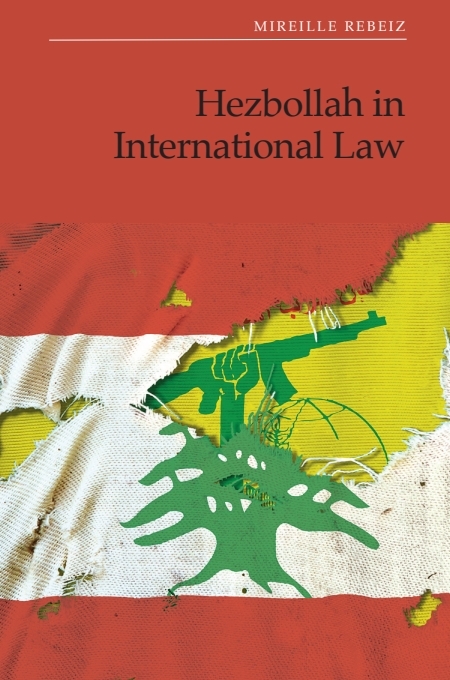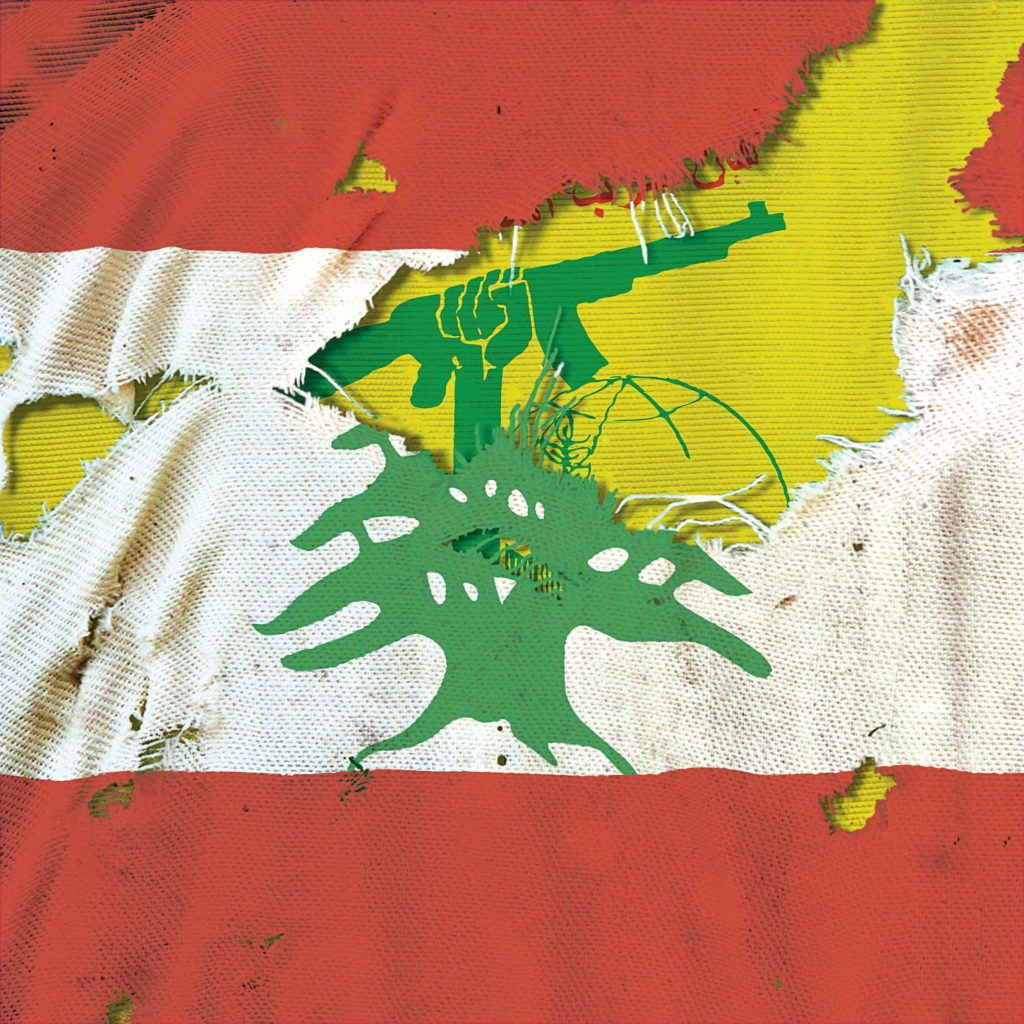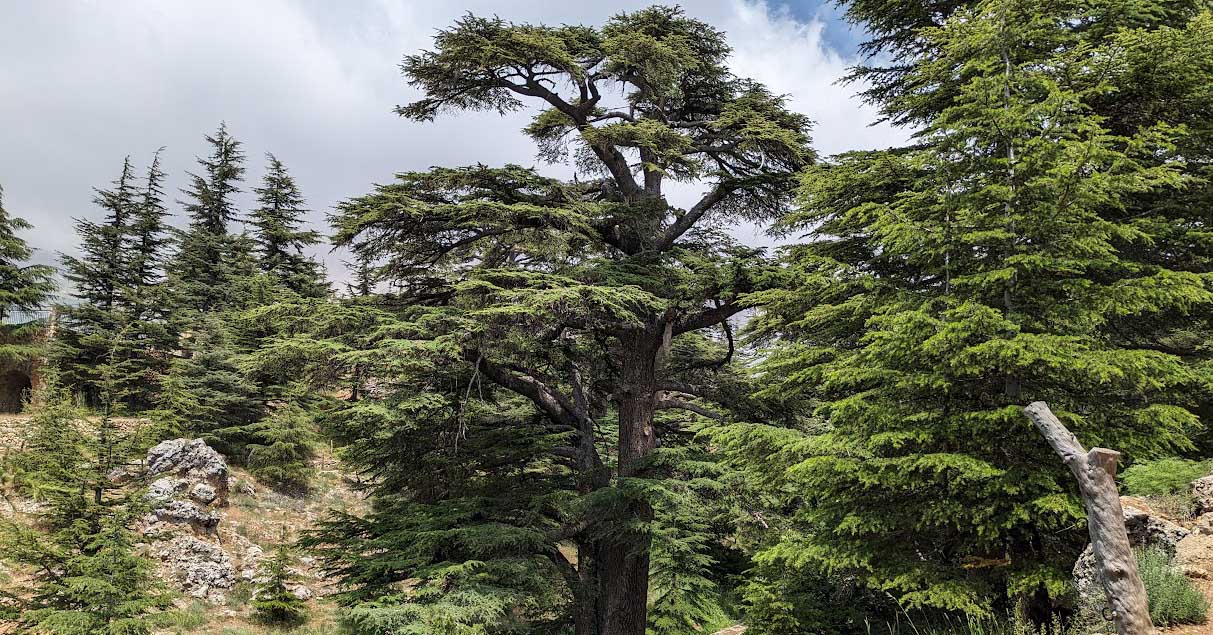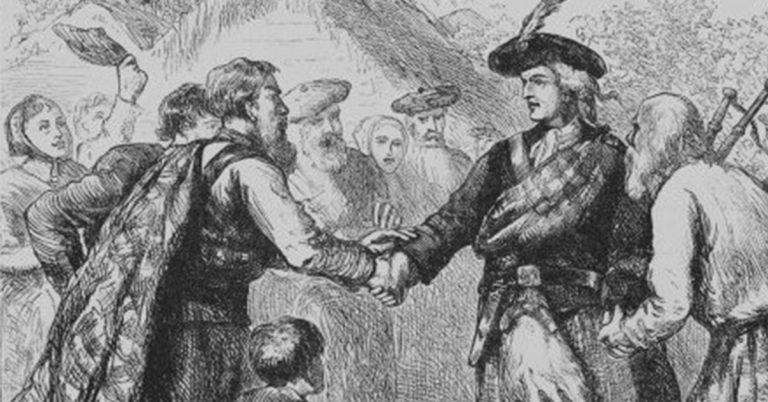
By Mireille Rebeiz

Mireille Rebeiz is the author of Hezbollah in International Law, which examines the legal status of Hezbollah as a State or a non-State actor.
Tell us a bit about your book.
In July 2006, war erupted between Hezbollah, a Lebanese Shia Islamist party and armed organisation, and Israel. Legal scholars had to decide whether Hezbollah acted as the State of Lebanon or as an armed non-State actor, for the legal consequences varied depending on this qualification. While Israel and the United States equated Hezbollah with the State of Lebanon, other States and international organisations did not. Facing this lack of consensus, the question of Hezbollah’s legal status remains valid today especially since it has infiltrated almost all Lebanese institutions, and it actively participated in the Israel – Gaza war.
Simply asserting that Hezbollah is a terrorist organisation does not explain the extent of its relationship with the Lebanese State, nor the legal consequences of this relationship.
Drawing on theories of statehood, my book examines the legal status of Hezbollah as a State or non-State actor and Lebanon’s responsibilities toward the international community.

What inspired you to research this area?
I grew up in Lebanon and I saw the devastation of war, which opposed different communities, religious groups and citizenships.
I was particularly marked by the 2008 events: the Lebanese State declared Hezbollah’s extensive private telecommunications network at the airport illegal and a breach of State sovereignty, and it sought to dismantle it. Hezbollah considered the State’s move an attack on its party and fighters. This led to a brief but intense period of fighting between Hezbollah-led opposition and pro-government supporters. Hezbollah seized control of Sunni-majority neighborhood in West Beirut and killed several Lebanese civilians.
I saw Hezbollah’s violence on my street. I saw Hezbollah fighters walk with Iranian Revolutionary Guards. Emotionally, the experience was heartbreaking, but it motivated me to write about their bullying and terrorism. I heard political commentators say: ‘Hezbollah is a State within the State of Lebanon.’ This sparked my intellectual curiosity: can a State exist within a State? Is it possible to legally distinguish between the Lebanese State and Hezbollah or has Hezbollah completely absorbed the Lebanese State? What is the Lebanese State’s responsibility in context of violence perpetuated by Hezbollah? In many ways, the project was born out of rage, frustration and sadness which sparked a desire to write.
In my field of work, we do not talk much about emotions, but I am here to normalise it and to say: one has to love their topic of research, and I love Lebanon; seeing my people’s pain motivated me to write. My pen is my only weapon and I am convinced that education and knowledge are the best empowering tools out there.

What was the most exciting thing about this project for you?
The project was exciting on two fronts: emotionally, it was healing to read, understand, analyse and write about what matters to me. Intellectually, it was stimulating. The more I read, the more I wanted to learn. And I can honestly say that my project is timely. Lebanon is at a crossroad and will have to decide very soon on how to move forward: either proceed with more bloodshed primarily initiated by Hezbollah or decide on peace. As such, the question of Hezbollah-Lebanon relations and the failed State of Lebanon remain urgent.
Did you get exclusive access to any new or hard-to-find sources?
As a Lebanese American, I am fluent in Arabic, French and English. As such, I had access to sources written in their language of origin. At times, these were hard to find and I had to travel to Lebanon to research newspaper articles from the 1980s (years of formation of Hezbollah).
Did you discover anything particularly strange or surprising?
This research took me to interesting places and was often risky on different levels. On one hand, I travelled to questionable neighbourhoods and accessed banned documents and media materials. On the other hand, I was writing against Hezbollah. So, I upset a lot of people.
Additionally, my research revealed the following: some scholars who analyse Hezbollah and the Middle East in general do not necessarily speak Arabic or understand the culture. Some have never been to the region. Many of these scholars are either in the U.S military or work in important think tanks. At the beginning, I was nervous to academically disagree with them and it took me a while to find my voice. Eventually, I realised how research written from white men and Global North perspectives is often riddled with orientalist views of Lebanon and the Middle East. This realisation empowered me to move forward.
What’s next for you?
This research motivated me to focus on different atrocities committed in Lebanon during the civil war. The Lebanese Government implemented a General Amnesty Law that decided to forgive and forget what happened between 1975–1991. I refuse to forget, and I want to examine these atrocities, a humble way to speak for the voiceless. My current project focuses on the Beirut barracks bombing of October 1983 that killed 241 American servicemembers and 58 French paratroopers. I interviewed over 20 survivors; the goal is to shed light on this forgotten event in Lebanon and American history.

About the author
Mireille Rebeiz is the Chair of Middle East Studies and Associate Professor of Middle East Studies, Francophone Studies & Women’s, Gender and Sexuality Studies at Dickinson College (USA). She is also Adjunct Professor of Law at Penn State Dickinson Law. She received her first Doctorate (PhD) in Francophone Studies from Florida State University and her second doctorate (SJD) in International Law from Penn State Dickinson Law. Mireille also holds a Master’s Degree in International Law and Human Rights from Université de Rouen in France and a Bachelor’s Degree in Law from Saint-Joseph University in Lebanon. Her teaching and research are interdisciplinary and focus on the intersectionality of law, gender, sexuality, oral history and trauma in the context of armed conflicts with a focus on the Middle East and North Africa. Her research interests include international law, terrorism, State and non-State actors and memory laws. She has written and successfully published monographs, several peer-reviewed essays and editorials in national and international presses. Her first book Gendering Civil War: Francophone Women’s Writing in Lebanon (EUP, 2022) earned her the AAUW American Fellowship and was nominated for the John Leonard Prize.





